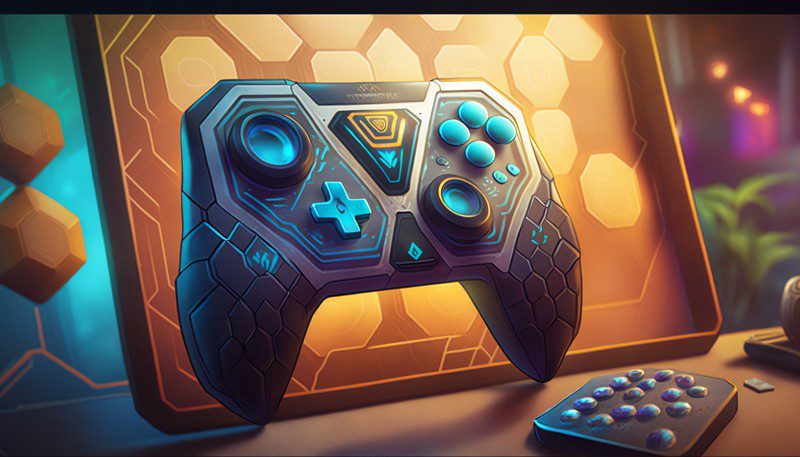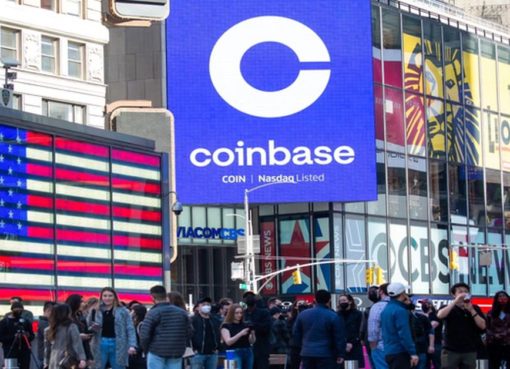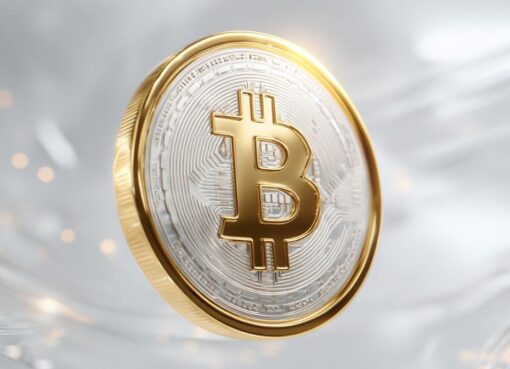The video gaming industry is rapidly evolving and adopting new technologies to improve the gaming experience for players. One of the most promising new technologies is blockchain. Blockchain-based gaming platforms offer a number of potential benefits, including transparency, fairness, and improved security. However, there are also some challenges that need to be addressed before blockchain-based gaming can become mainstream. In this article, we will discuss the potential of blockchain in the gaming industry and what the future may hold for this exciting new technology.
What is blockchain technology?
A blockchain is a digital ledger of all cryptocurrency transactions. It is constantly growing as “completed” blocks are added to it with a new set of recordings. Each block contains a cryptographic hash of the previous block, a timestamp, and transaction data. Bitcoin nodes use the block chain to differentiate legitimate Bitcoin transactions from attempts to re-spend coins that have already been spent elsewhere.
Aside from providing an authoritative record of all Bitcoin transactions, blockchain technology has a number of other potential uses, including smart contracts, decentralized applications, and voting systems.
How is blockchain being used in the gaming industry?
Blockchain technology is being used in a variety of ways in the gaming industry. One way is to create transparency and fairness. For example, blockchain can be used to create a decentralized game economy. This means that all transactions are recorded on a public ledger, which can help prevent fraud and cheating. In addition, blockchain-based games often use smart contracts, which can help automate game rules and ensure fairness. Another way that blockchain is being used in the gaming industry is to create digital assets.
For instance, some games use cryptocurrencies or other digital tokens to represent in-game items such as weapons or currency. This allows players to own their game items and trade them with other players. Finally, blockchain-based gaming platforms are being created which offer a variety of benefits such as decentralization, transparency, and fairness. However, there are also some challenges associated with these platforms, such as scalability and regulation.
The benefits of blockchain-based gaming platforms
The benefits of blockchain-based gaming platforms include a higher degree of transparency, fairness, decentralization, and security than traditional gaming platforms. These platforms also offer a wider range of features and functions than traditional gaming platforms.
One of the key benefits of blockchain-based gaming platforms is that they offer a higher degree of transparency. Transactions on these platforms are transparent and immutable, meaning that they cannot be altered or deleted. This creates a level playing field for all participants and ensures that the game is fair.
Another benefit of blockchain-based gaming platforms is that they are decentralized. This means that there is no central authority controlling the platform. Instead, it is controlled by a network of computers spread across the globe. This decentralization makes these platforms more secure and resilient to attacks.
Blockchain-based gaming platforms also offer a number of other benefits, including smart contracts, digital assets, and cryptocurrencies. Smart contracts are self-executing contracts that enforce the terms of an agreement between two parties. They can be used to create fair and transparent games by ensuring that all participants follow the rules. Digital assets are items that can be bought, sold, or traded on a blockchain-based platform. Cryptocurrencies are digital tokens that can be used to purchase goods and services or traded on exchanges.
While blockchain-based gaming platforms offer a number of advantages over traditional gaming platforms, there are also some challenges associated with them. One challenge is scalability. Blockchain-based gaming platforms are still in their early stages of development and do not yet have the capacity to support large numbers of users. Another challenge is regulation. Because these platforms are decentralized, they are not subject to the same regulations as traditional gaming platforms. This could change in the future as more jurisdictions begin to regulate them.
The challenges of blockchain-based gaming platforms
Despite these challenges, blockchain-based gaming platforms offer a number of benefits that make them worth considering. These platforms have the potential to be more secure and transparent than traditional gaming platforms, as well as providing gamers with more control over their data. In addition, these platforms have the potential to lower costs for game developers and to create new revenue streams for them. As such, they are worth keeping an eye on in the future.
The future of blockchain in the gaming industry
The future of blockchain in the gaming industry is shrouded in potential. The technology could be used to create more fair and transparent gaming platforms, as well as the challenges that still need to be addressed.
Blockchain-based gaming platforms have the potential to create a new era of transparency and fairness in the gaming industry. By using blockchain technology, these platforms can offer gamers a number of benefits, including transparency, decentralization, and security. In addition, blockchain-based gaming platforms have the potential to lower costs for game developers and to create new revenue streams for them.
Despite the potential benefits of blockchain-based gaming platforms, there are still some challenges that need to be addressed. These challenges include scalability and regulation. However, if these challenges can be overcome, blockchain-based gaming platforms could revolutionize the gaming industry.




